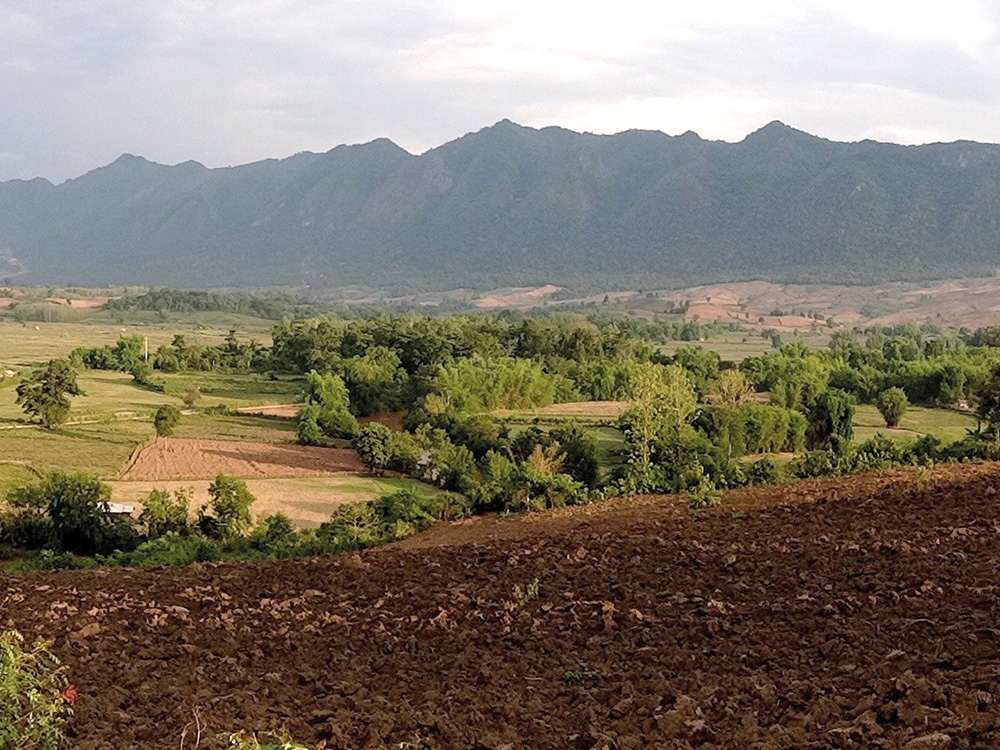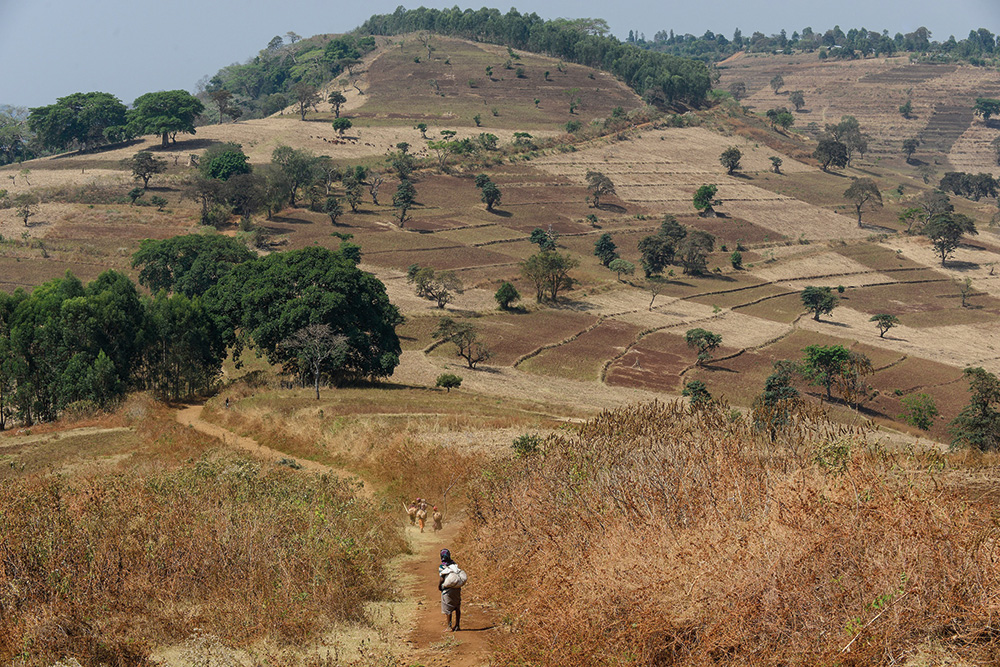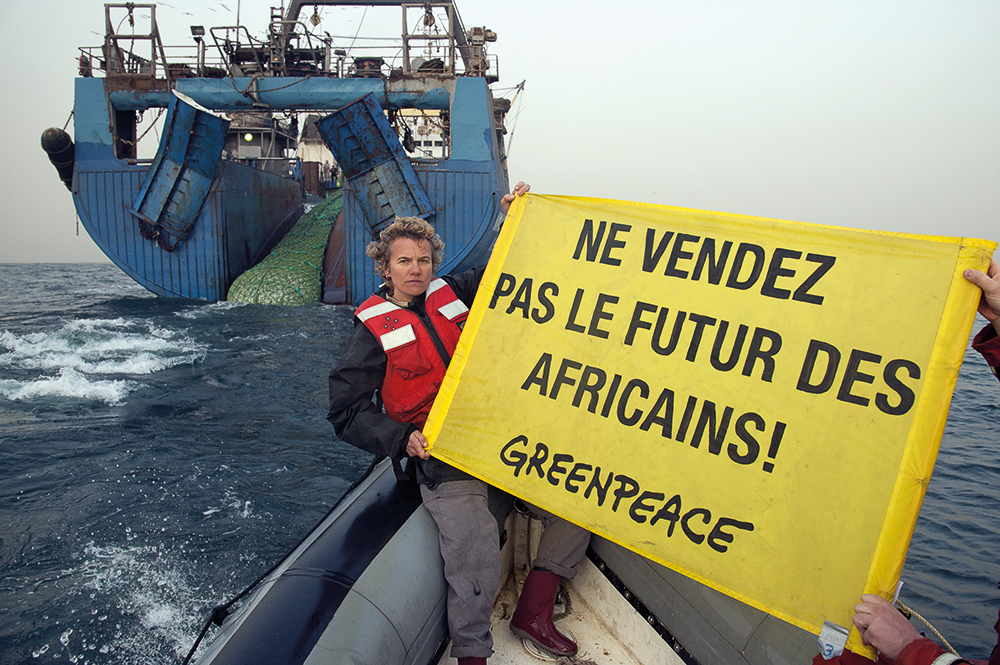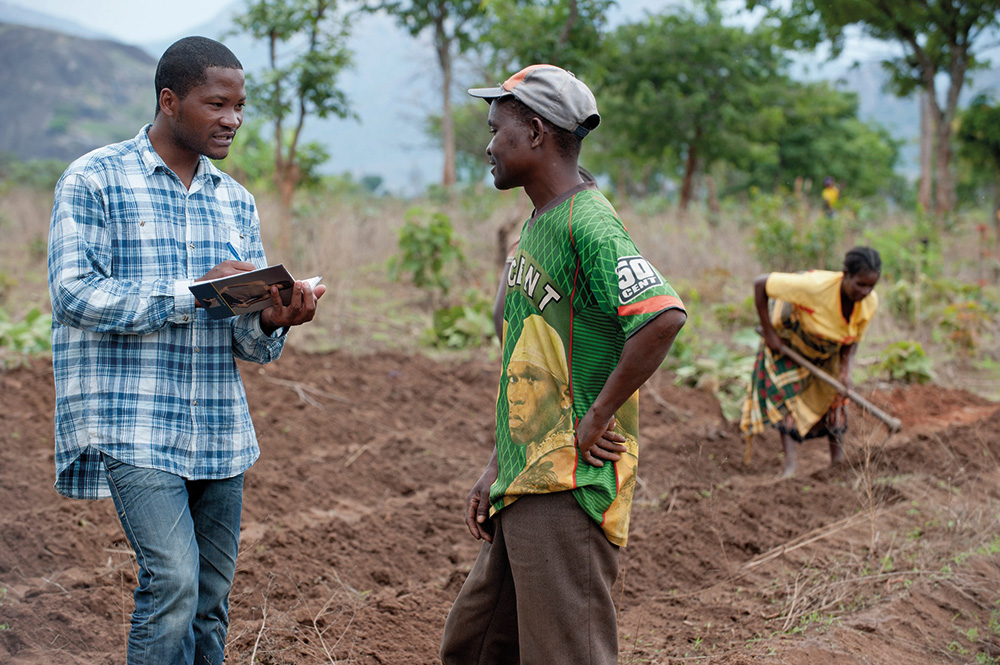Machinery rings – a mechanisation concept for African farmers?
One of the basic conditions of empowering farmers is to get them organised. Machinery rings are a promising organisational concept to link up the farms and raise their profitability and power by promoting mechanisation in rural areas.









